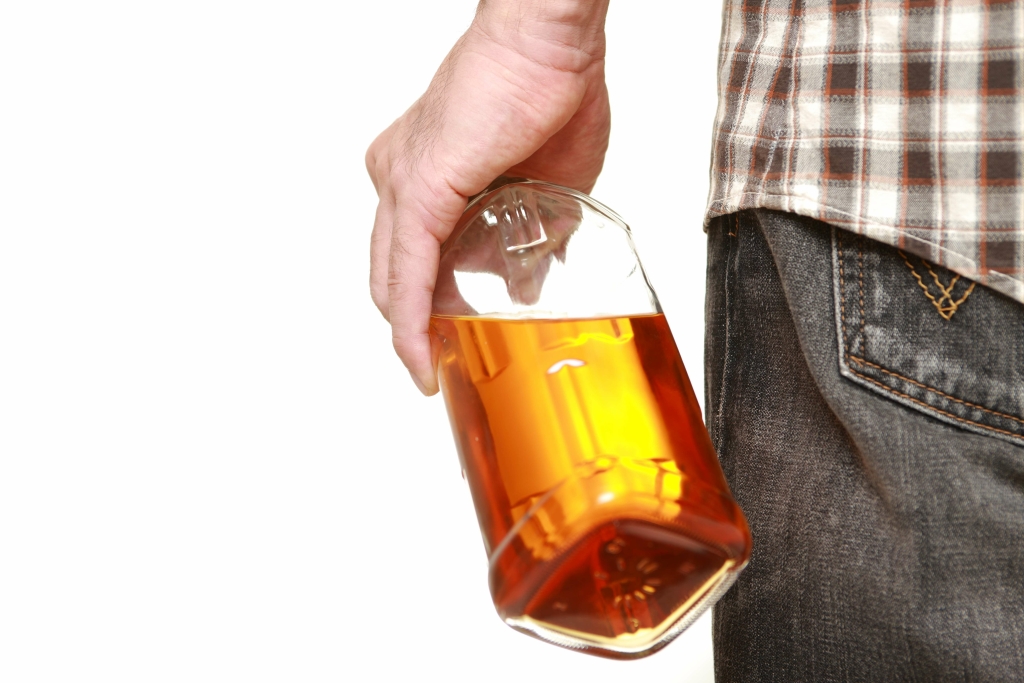When selecting a treatment program, it’s important to consider factors like cost, reviews, licensing, accreditations, amenities, and available treatments to ensure the best possible fit for your needs. Remember, being ready to change and committed to your recovery is essential for success in any treatment program. In this section, we’ll explore essential steps to prepare for sobriety, from setting realistic goals to creating a strong support network and identifying personal triggers. Again, if you’re fearing a relapse due to guilt, distress and shame, then close your eyes and imagine this scenario. Picture your past self standing before you, then take your love and compassion and hold it in a ball of light in front of you. In your imagination, give the ball to your past self and watch as your love surrounds and eventually engulfs them.
Step 2

Self-directed recovery enables you to design a plan of recovery that takes account of your individual needs and goals. It was so empowering to finally be able to think for myself—to not adhere to these set out rules that https://newsplaces.net/table-miniature-machines-and-models-of-cars-in-a.html I can’t relate to and that only induce fear and direct my behavior. I was sick to the stomach of looking at myself as defective. I wanted to learn how to quieten my mind, how to live my life free from shame and with love and self-compassion. I needed purpose and meaning in life and I set about finding it.
What Is Sobriety, Anyway?

Learn that you have choices and that you can maintain control. If any area of your life is out of control, it will not help you maintain lasting sobriety. Most people who make their way into recovery have left a lot of pain and suffering in their wake. Feeling guilty or ashamed of past behavior http://www.nnre.ru/yezoterika/istorija_spiritizma/p9.php or actions during active addiction is natural and healthy.
What Is a Sobriety-Friendly Environment?

While having a conversation with other people is ideal as they offer new insights and lines of thinking, talking your obstacles out http://aloepole.ru/articles/1077005424/a-1093329839 loud to yourself doesn’t hurt either. I’m trying to take care of myself, and you want me to take care of an animal? Time that may otherwise be spent heading out and buying alcohol has to be spent taking your dog for a walk — they need to go out. It gives you responsibiliy and let’s face it, if the golden rule was “treat thy neighbor as thy pet” we’d have a lot more harmony in this world. Some of the most creative people used artistic expression to showcase what they’re feeling.
But there might still be subtle reminders that cast booze in a positive light. ” Reminders are popping up everywhere, and you’re worried that sooner or later you might end up taking that poster’s advice. Others may have increased marital or relationship problems that are heading toward divorce or breakups. Maybe your work life has suffered, and your boss is tired of you calling in sick or coming in late.

For instance, if your substance use disorder is diagnosed as mild, an outpatient program might be recommended. Outpatient programs vary widely but typically provide a designated number of hours of treatment per week at a treatment center or facility. For more severe addiction issues, healthcare professionals may suggest inpatient care, which requires you to live onsite at the hospital or facility for the duration of treatment.
- Aftercare programs make it easier to remain in recovery and avoid returning to substance use.
- Any general advice posted on our blog, website, or app is for informational purposes only and is not intended to replace or substitute for any medical or other advice.
- Unfortunately, with DIY drug rehab, you’ll most likely miss out on some of these important aspects of treatment.
- Request support in keeping alcohol out of sight and minimize talk about alcohol to maintain a positive and supportive environment for your sobriety journey.
How to Detox From Alcohol at Home Safely Step-by-Step
Get information on how to access immediate medical attention if you encounter significant symptoms or issues during detox. It takes about 25 hours for your body to clear all the alcohol, with a half-life of four to five hours. Alcohol detection tests can measure alcohol in the bloodstream for up to 6 hours, on the breath for 12 to 24 hours, and urine for 72 or more hours. Going outside and walking can do wonders if you are having a particularly rough time. You may not feel like being physically active or going outside, but a good walk can completely recharge your mental and emotional state.
- Make a list of loved ones and others who stood by your side when you struggled.
- If you’re not ready or willing to change those behaviors and thoughts, then treatment cannot do what it’s designed to do.
- Some people journal their sobriety milestones, while others track them on their phone or a calendar.
- When reaching out to family and friends for support, it’s important to choose wisely.
- Withdrawal symptoms can be mild to severe, depending on your level of addiction and substance abuse disorder.
- This may mean that you don’t spend time with someone you used to use drugs with or go somewhere you used to drink.
Alcohol addiction is a complex and challenging condition that affects millions of people worldwide. One of the measurable indicators of this increased consumption is blood alcohol concentration, which can have legal and health implications, such as drunk driving. In some cases, alcohol addiction may coexist with drug abuse, further complicating the situation and contributing to substance abuse issues, including substance use disorder. Mild withdrawal symptoms can be managed with hydration, rest and a quiet environment. Techniques such as mindfulness, meditation or gentle exercise might help alleviate stress.
Building a Sober Lifestyle
There are infinite reasons why pursuing long-term recovery and sobriety can be the best choice for someone struggling with drug or alcohol use. Pursuing a life of sobriety should be celebrated, and each person will have their reasons for committing to a drug and alcohol-free life. Finding the right fit in a treatment program to overcome substance use disorder is vital to your recovery. Expecting long-term recovery to be easy can cause you to set unrealistic expectations or be ill-prepared to cope with the continued effects of substance use disorder in daily life.

